Green mobile radio: students give recommendations
- Deutsche Telekom

- Feb 23, 2024
- 7 min read
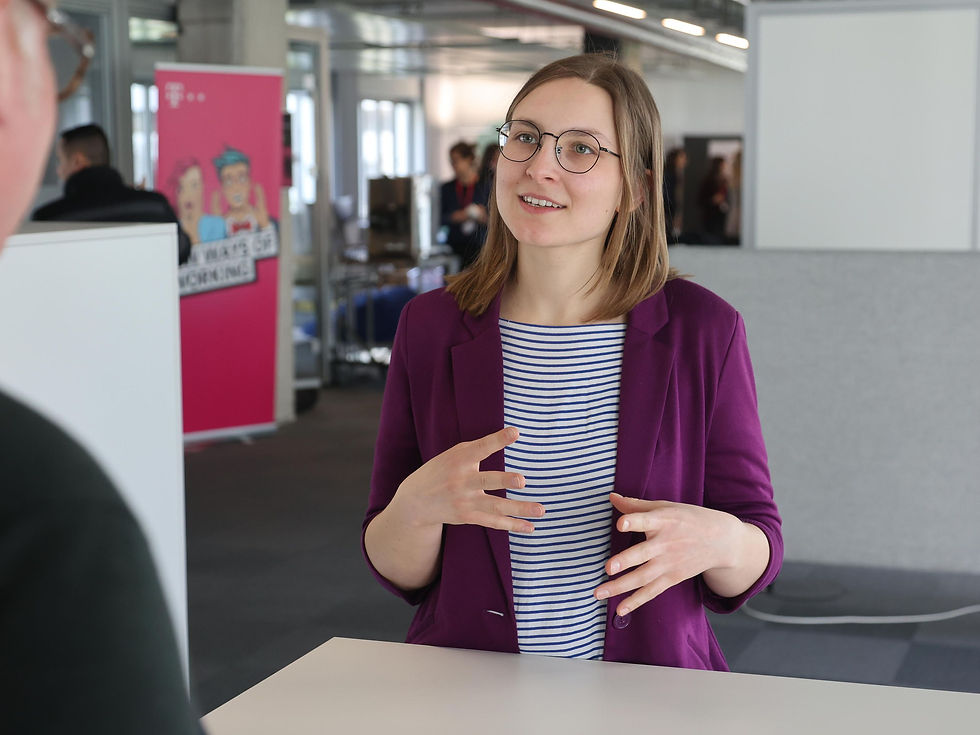
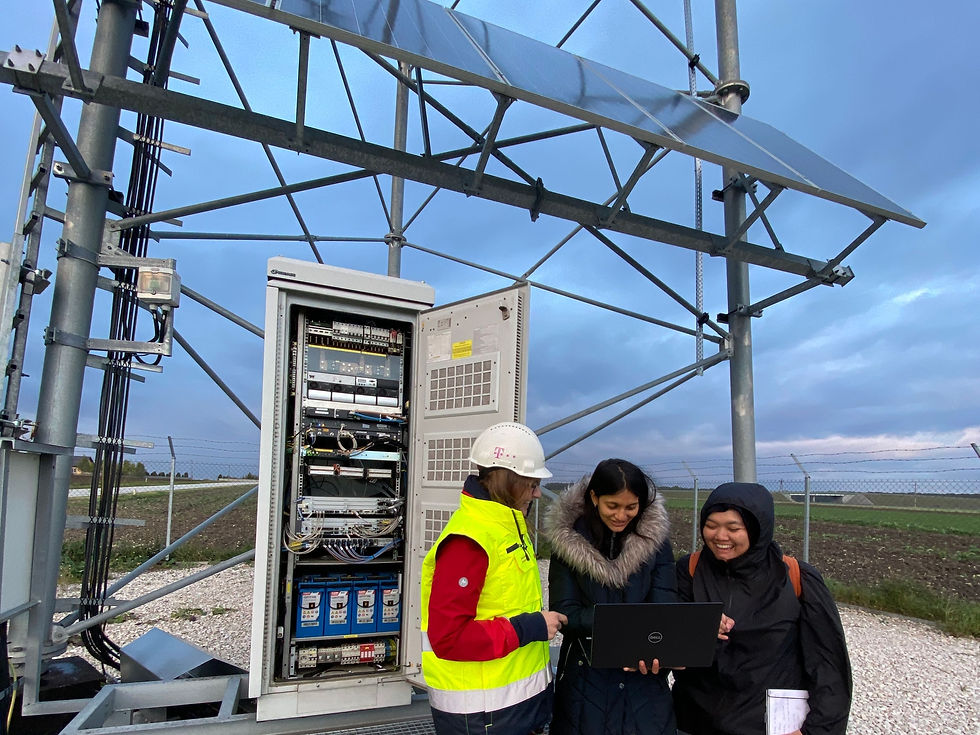
20 female students spent five months working on a concept for sustainable and efficient mobile base stations. Now they have given their recommendations to Deutsche Telekom. All of them are scholarship holders of the "Femtec" programme. Together with companies like Deutsche Telekom, this programme promotes young women in Science, Technology, Engineering and Mathematics (STEM). Laura Kuper was one of them. In the interview, the energy technology student reports on what she experienced and what is important to her. Our photo show shows the highlights of the final presentation.
You were on site with other students at mobile base stations of the Deutsche Telekom subsidiary T-Mobile Polska in Poland. What was that like for you?
Laura: I was very impressed. The experts in Warsaw opened all the doors for us. They took us to mobile base stations two hours south of the capital. There we were able to get a good picture. They showed us how the stations are already equipped with solar systems and what possibilities there are: Photovoltaics on the antenna, on the roof of the base station, on the ground ... And how such a station actually works. I was very impressed by how enthusiastically and enthusiastically the technicians do their job and how humorous they are. We laughed a lot. And of course we took a lot away with us for our further work on the topic.
You split up into teams. One team examined suitable batteries for the Deutsche Telekom mobile radio stations operating in Europe under different conditions. You were part of the group that visited some sites to work on sustainable energy supply with the knowledge. What was the next step for you?
Laura: We developed a concept for a "modular system". So applicable for antennas in windy and sunny mountains in Greece just like in the lowlands in Poland. It was clear to everyone from the beginning that artificial intelligence would play a role, i.e. a smart system that mediates between components of each station and makes decisions: when does the electricity come directly from photovoltaics, when from the grid, when from the battery. For this, we looked at the "consumers", i.e. the antenna and the cooling, just like the supply: When is there too much power and when is there too little ...
There is certainly a lot of data that plays a role, such as how much energy is expected to be produced and consumed.
Laura: Exactly. This ranges from weather data to the forecast of how many people are active in the mobile radio cell. And then the linked system must be able to make the right decisions. First of all, we looked at what already exists in research and practice and what we could integrate into our concept. It was helpful that our team was made up of people from the fields of mechanical engineering, computer science, data science and energy technology.
You did all this alongside your studies ...
Laura: ... which was not so easy. Especially at the beginning. We had to get together first. It was very labour-intensive. For me, a lot was about how to balance the project. I had to learn to set myself limits, for example in the distribution of roles. But in the months I learned how to coordinate myself, how to build structures together with the others, how to take the first steps as a team. And then suddenly a "flow" set in. Everything fit and we complemented each other very well. That was a great experience, as was the whole programme. I got to know a lot of people, plus this exciting assignment abroad. And I realised once again: I only enjoy my work when the cooperation works.
You are studying energy technology as a discipline of mechanical engineering in Aachen. So the topic of "sustainable mobile radio stations" is certainly close to your heart. What sparked your interest in technology?
Laura: (laughs) From the very beginning?
Yes, please.
Laura: I've always liked doing maths, for example. It also started with toys, such as a construction kit for a chain carousel with a motor. My parents supported me through their own backgrounds in the technical-mathematical-scientific field, but never pushed me in one direction. If I had wanted to do something non-technical, that would have been fine too. Later I realised that I wanted to get to the bottom of things. I have always been interested in thermodynamic processes, for example, why bubbles rise when water boils. In mechanical engineering, it's also about how heat is converted into electricity, for example through turbines. The topics in the field of renewable energies range from wind energy to solar thermal energy to geothermal energy. I'm interested in how to bring technologies together, for example to exchange energy. In my Master's thesis, I am working on energy systems in the food industry. Specifically, how heat generated during cooling can be used for heating.
What motivates you most?
Laura: The opportunity to change something in terms of sustainability. But sustainability means even more to me: sustainable human interaction, sustainable contacts from which I can take something away, respectful interaction and good professional exchange. And that brings me back to this point: I draw the most energy from good cooperation with others.
One of the "Femtec" scholarship holders who worked together to develop recommendations for Deutsche Telekom mobile stations: Laura Kuper from RWTH Aachen University. In the interview, the student looks back on the preparations. Our photo show shows the highlights of the final presentation.
Happy faces at the final presentation in Bonn. For five months, 20 female students from several countries and different universities worked on an energy concept for mobile base stations: cost-effective and sustainable and usable in different locations. They are all participants in Femtec. This is a study-accompanying career programme for female STEM students. The goal: to promote young female STEM talents, for example with a scholarship to work for Deutsche Telekom. At their event, the female students presented their results to the experts. They had previously visited mobile radio stations on site in five countries with Deutsche Telekom technical teams, studied battery technology and collected all the facts - including what Deutsche Telekom already has or is developing in this direction. All this led to their detailed recommendations for the future.
© DTAG
In the audience: many colleagues from Deutsche Telekom specialist departments. For example Leif Heitzer (l.), who is responsible for the "TelCo Energy Efficiency, Sustainability & Leveraging Assets" programme at Deutsche Telekom ...
© DTAG
... and Abdu Mudesir, Chief Technology Officer of Deutsche Telekom (with microphone).
© DTAG
It was about solutions for future sustainable and cost-efficient mobile sites, which Deutsche Telekom operates in eleven countries in Europe. It was about sustainable energy management as well as rechargeable batteries, i.e. energy storage. The latter are relevant because electricity production from renewable energies such as photovoltaics naturally fluctuates. And so do the prices of conventional power supply, which is cheaper at night than during the day, for example. One thing is also certain: the locations differ. Simply because of weather influences and local conditions. For example, mobile base stations in Greece can draw a lot of electricity from solar systems, but they also consume a lot for cooling. This requires, for example, battery storage with certain suitable characteristics. Katrin Frechen, Laura Kuper, Antonia Seibold and Amelie Hamm presented the results on behalf of the entire team, which is online ...
© DTAG
... and was present in the audience on site. All her many insights, researches and considerations resulted in her application examples for battery types as well as in recommendations for an energy management system that links components such as the grid, battery and renewable sources of electricity. A system that should incorporate knowledge about future consumption and electricity generation as well as energy-saving algorithms. A system that has the many situations and influencing variables on its screen and masters the complexity. The students' recommendation: to use the modern method "Model Predictive Control" or artificial intelligence.
© DTAG
Claudia Nemat, Board Member for Technology & Innovation at Deutsche Telekom: "I am impressed by how thoroughly you have worked and how logically and clearly you have derived your recommendations. Many thanks for that. My request: inspire other female talents with your enthusiasm for STEM. "
© DTAG
"Amazing results," praised Jack Tottingham, who as Technology Strategy Manager at Deutsche Telekom also works on the topic of green mobile base stations. He was impressed by the depth of detail of the results. "We have received a lot of impulses for the future."
© DTAG
Inga Walliser from Deutsche Telekom's "HR Marketing Chapter" is the interface between the cooperation partners Deutsche Telekom and Femtec. The current Deutsche Telekom slogan in HR advertising, "Question today, create tomorrow", suits the scholarship holders, she emphasised.
© DTAG
Programme sponsor Rita Tasnadi thanked all colleagues in five countries who actively supported the activities: at Magyar Telekom, T-Mobile Polska, OTE and Magenta Austria as well as at DFMG Deutsche Funkturm.
© DTAG
Working together on innovation topics and digital growth areas, the scholarship holders learn first-hand about the opportunities Telekom offers. Once, for example, it was about 5G applications, and as early as 2020/21, another assignment revolved around intelligent "green mobile network sites". The solution was so good that a patent application was filed. Another result: a planning tool that automatically compares relevant parameters, such as geographical, economic and topological characteristics. In future, recommendations can be derived from this as to where and in what combination the concept of a power-autonomous site can be realised.
© DTAG
Alexandria Baraza, TU Dresden: "Femtec represents a chance for me to learn, grow and network with like-minded women in STEM in preparation for life in our careers after university. I take away from this experience the importance of introspection in professional and personal life, goal setting, networking, and learning from other people's experiences. With these skills in hand, I believe I can tackle both my personal and professional life wisely".
© Femtec students
Zoe Hoek, ETH Zürich: "It was great to have had such an experience. I delved into the topic of project management in particular and familiarized myself with the content. This gave me a very good insight into the professional world, which will certainly help me in future career planning."
© DTAG
Antonia Seibold, TU München: "For me personally, it was a very valuable insight into a large corporation - an opportunity that I would not have gotten otherwise and I am very grateful for that."
© DTAG
On site in Poland: Laura Kuper, Kalyani Mahakalkar and Zahroh Khumayr.
How smart, energy-autonomous cell phone sites could look like in the future: In just five months, 28 MINT scholarship holders developed a patent-ready solution.
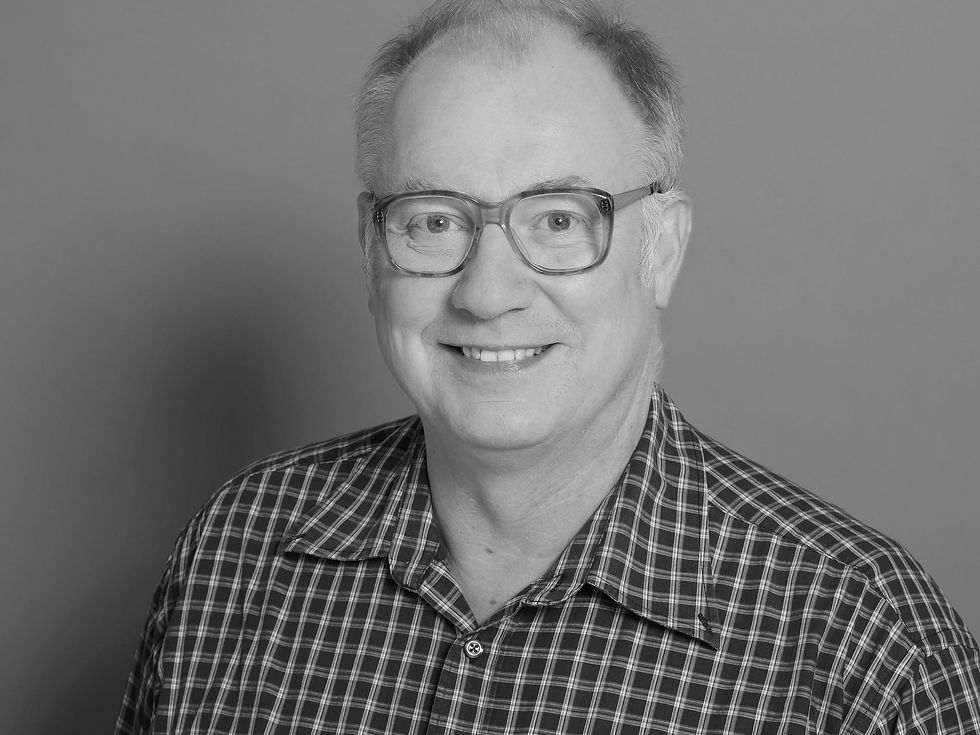
Klaus vom Hofe
Telekom Blogger


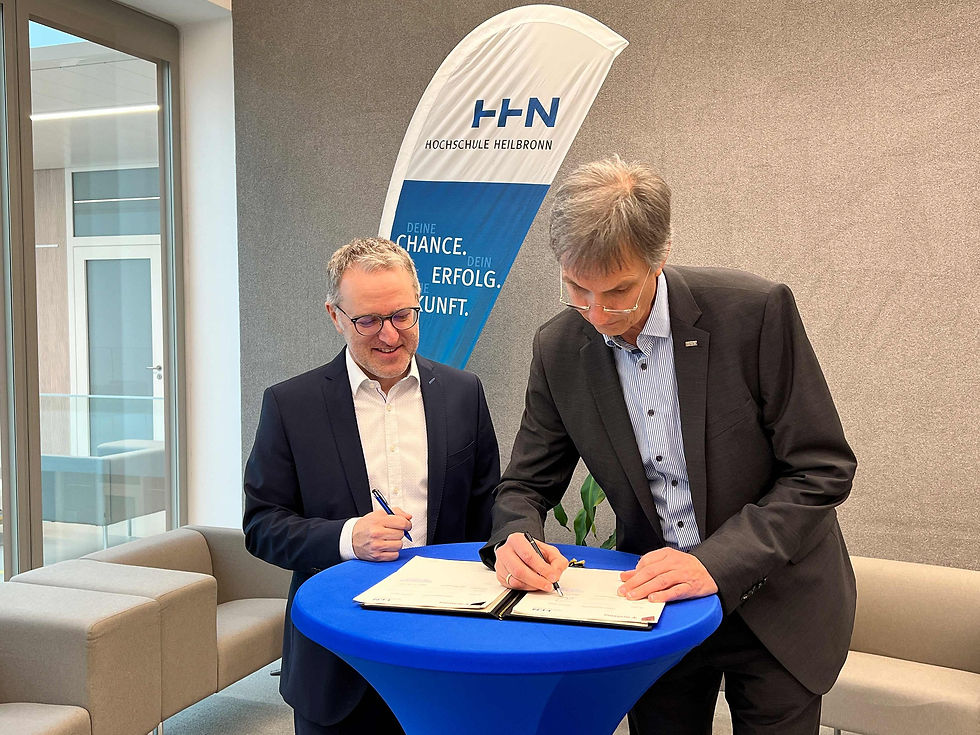
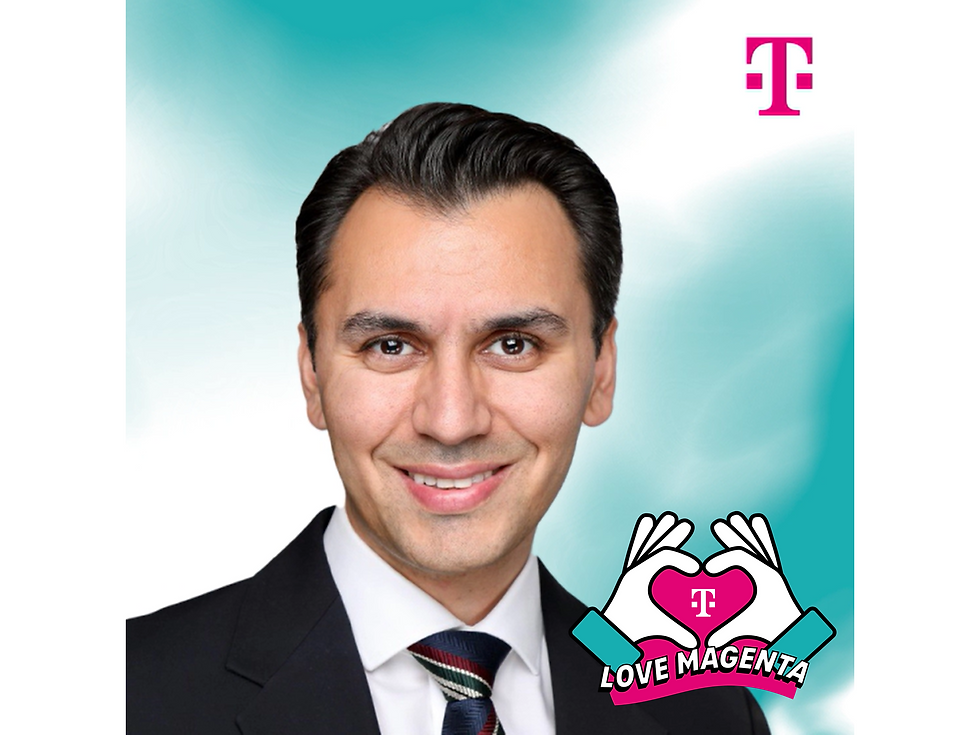
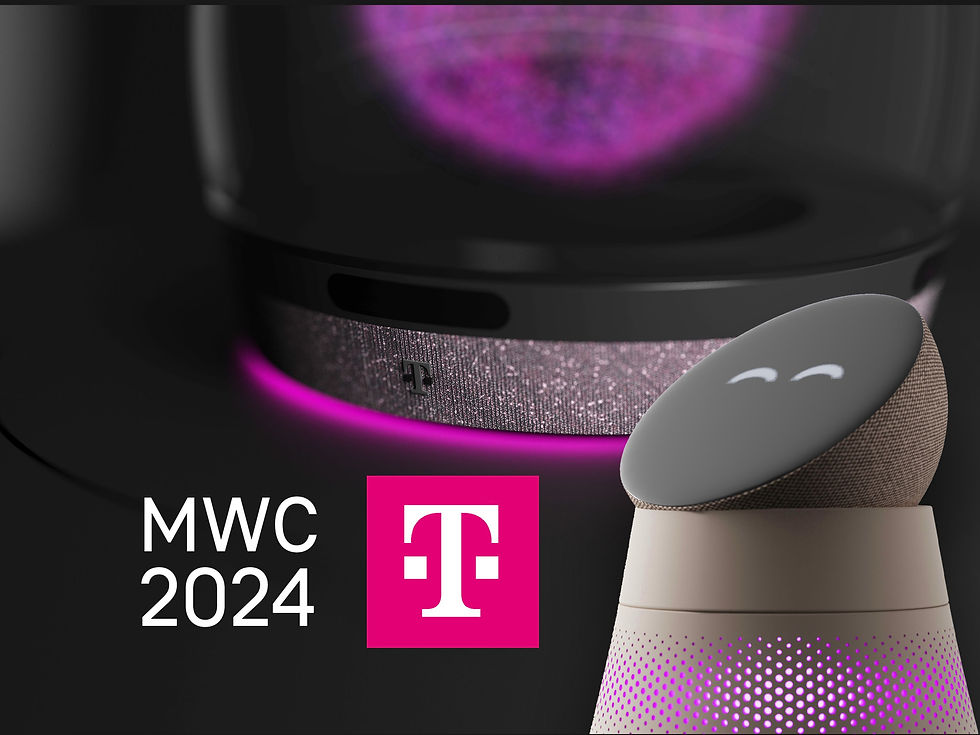
Comments